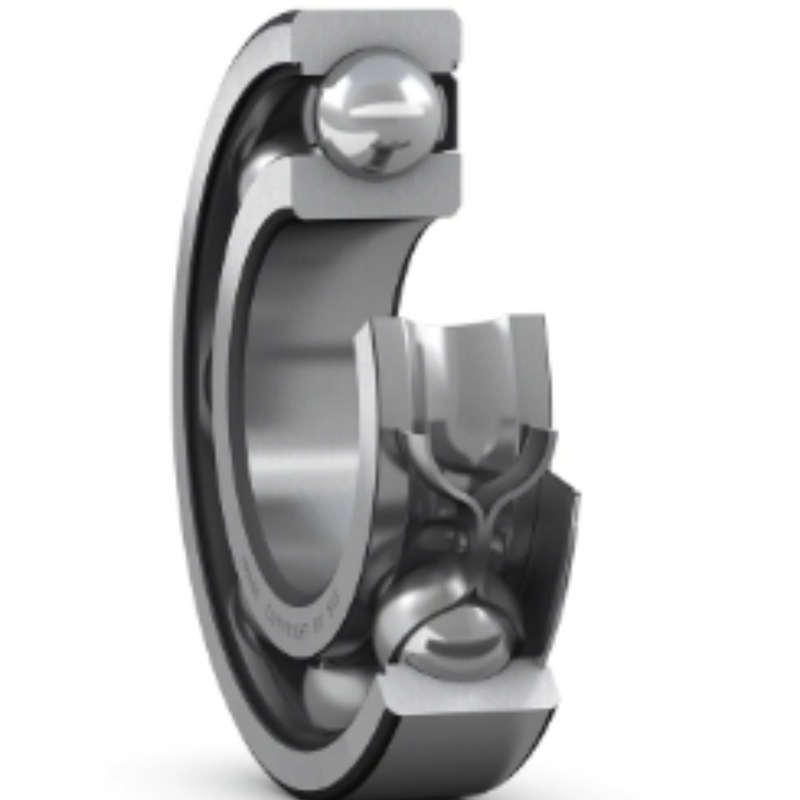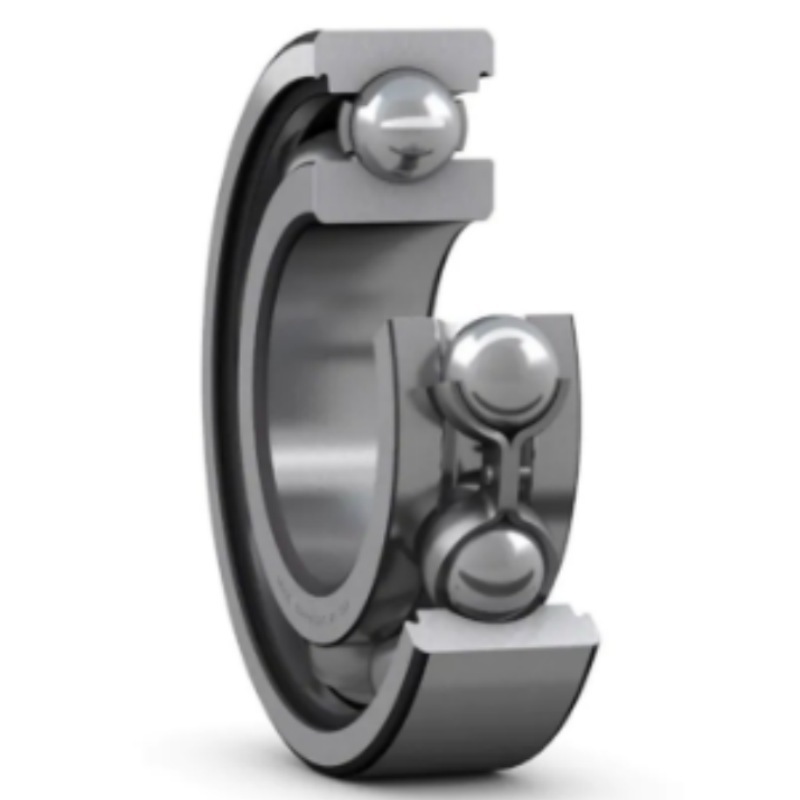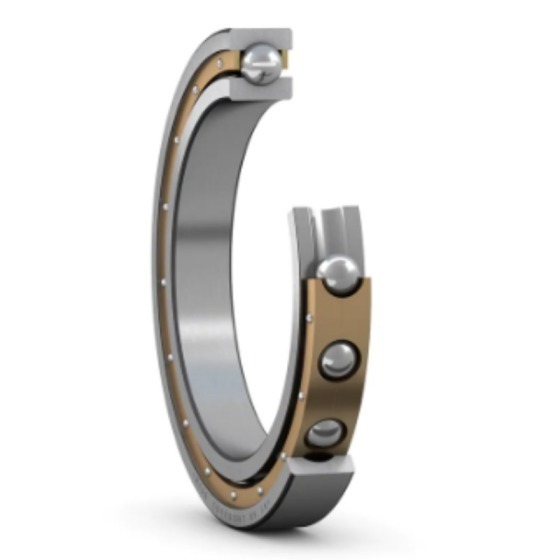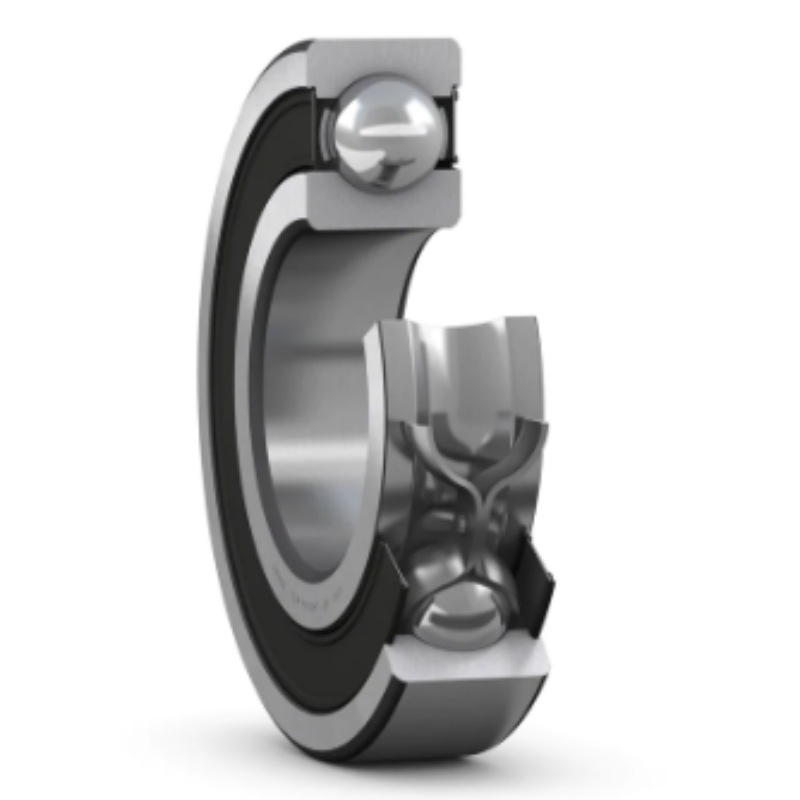Exploring the Advantages of Silicon Nitride Ceramic Balls: A Closer Look at the 12.303 Model
Release time:
Jun 07,2025
Silicon nitride ceramic balls have become an essential component in various industrial applications, particularly in the realm of bearing technology. Among these, the 12.303 model stands out due to its exceptional properties that enhance the functionality and durability of bearings. Understanding the characteristics and advantages of this specific type of ceramic ball can provide significant insights for professionals looking to optimize their equipment.
One of the primary advantages of silicon nitride ceramic balls is their remarkable hardness. With a hardness rating surpassing that of conventional steel balls, silicon nitride balls resist wear and deformation under high-stress conditions. This property is particularly beneficial in self-aligning ball bearings, where maintaining precise alignment is crucial for operational efficiency.
Additionally, silicon nitride has excellent thermal stability. Operating under high temperatures can often lead to performance degradation in traditional materials. However, the 12.303 model retains its mechanical integrity even at elevated temperatures, making it ideal for applications involving heat generation, such as electric motors and aerospace components. This thermal resilience ensures that bearing assemblies maintain their performance over extended periods, reducing the need for frequent replacements.
Moreover, silicon nitride ceramic balls exhibit low density, which contributes to reduced overall weight in bearing assemblies. This lightweight characteristic not only enhances the energy efficiency of machinery but also minimizes inertia, allowing for quicker response times in dynamic applications. Such attributes can lead to improved productivity and operational efficiency in various industrial settings.
Another critical benefit of silicon nitride ceramic balls is their inherent resistance to corrosion and chemical attack. Unlike traditional steel bearings that may succumb to rust and environmental degradation, the 12.303 model remains unaffected by most chemicals and moisture. This resistance is particularly advantageous in industries where bearings are exposed to harsh environments, such as food processing or chemical manufacturing. The longevity of these ceramic balls translates to lower maintenance costs and extended service intervals.
In terms of noise and vibration, silicon nitride ceramic balls provide a quieter operation compared to their steel counterparts. This feature is especially important in applications where noise reduction is a priority, contributing to a more comfortable working environment and better overall machinery performance.
In conclusion, the silicon nitride ceramic ball model 12.303 presents several compelling advantages for industrial applications, particularly in self-aligning ball bearings. Its superior hardness, thermal stability, lightweight nature, corrosion resistance, and noise reduction capabilities make it an ideal choice for professionals seeking to enhance their equipment's efficiency and longevity. By considering the incorporation of silicon nitride ceramic balls into their operations, industries can achieve significant improvements in performance and reliability.
One of the primary advantages of silicon nitride ceramic balls is their remarkable hardness. With a hardness rating surpassing that of conventional steel balls, silicon nitride balls resist wear and deformation under high-stress conditions. This property is particularly beneficial in self-aligning ball bearings, where maintaining precise alignment is crucial for operational efficiency.
Additionally, silicon nitride has excellent thermal stability. Operating under high temperatures can often lead to performance degradation in traditional materials. However, the 12.303 model retains its mechanical integrity even at elevated temperatures, making it ideal for applications involving heat generation, such as electric motors and aerospace components. This thermal resilience ensures that bearing assemblies maintain their performance over extended periods, reducing the need for frequent replacements.
Moreover, silicon nitride ceramic balls exhibit low density, which contributes to reduced overall weight in bearing assemblies. This lightweight characteristic not only enhances the energy efficiency of machinery but also minimizes inertia, allowing for quicker response times in dynamic applications. Such attributes can lead to improved productivity and operational efficiency in various industrial settings.
Another critical benefit of silicon nitride ceramic balls is their inherent resistance to corrosion and chemical attack. Unlike traditional steel bearings that may succumb to rust and environmental degradation, the 12.303 model remains unaffected by most chemicals and moisture. This resistance is particularly advantageous in industries where bearings are exposed to harsh environments, such as food processing or chemical manufacturing. The longevity of these ceramic balls translates to lower maintenance costs and extended service intervals.
In terms of noise and vibration, silicon nitride ceramic balls provide a quieter operation compared to their steel counterparts. This feature is especially important in applications where noise reduction is a priority, contributing to a more comfortable working environment and better overall machinery performance.
In conclusion, the silicon nitride ceramic ball model 12.303 presents several compelling advantages for industrial applications, particularly in self-aligning ball bearings. Its superior hardness, thermal stability, lightweight nature, corrosion resistance, and noise reduction capabilities make it an ideal choice for professionals seeking to enhance their equipment's efficiency and longevity. By considering the incorporation of silicon nitride ceramic balls into their operations, industries can achieve significant improvements in performance and reliability.
Previous
News









